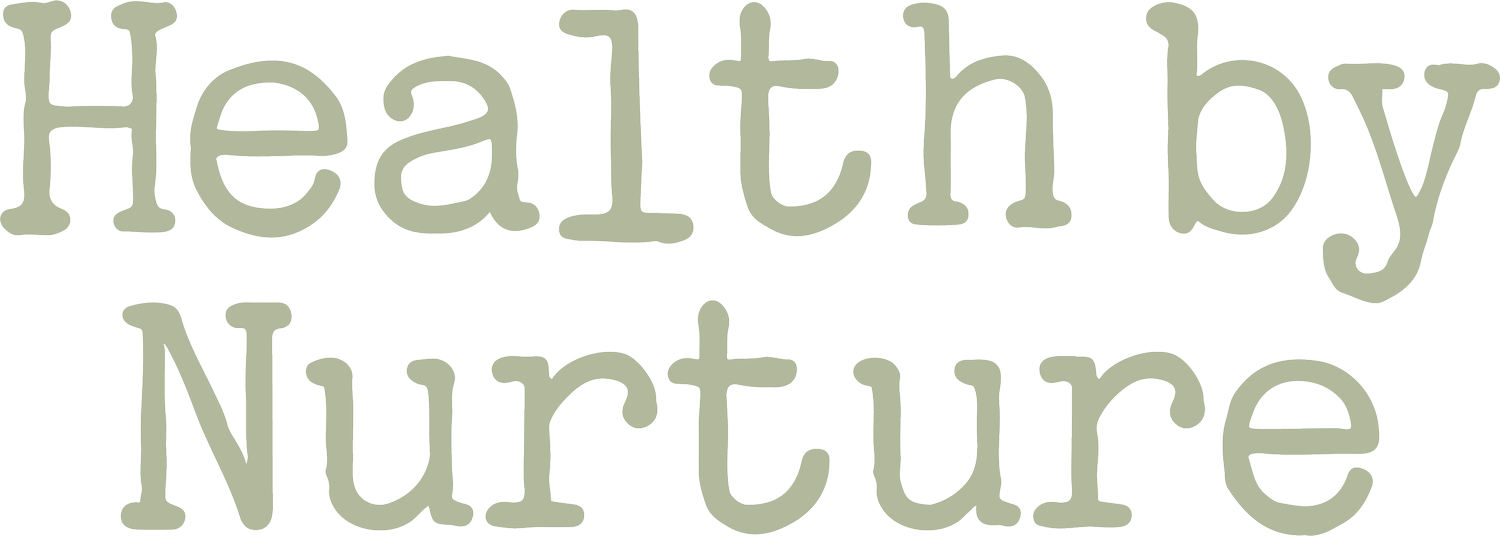Supporting Your Mental Health – Mental Health Awareness Week
Feelings
Introduction
Mental Health Awareness Week is a reminder for us all to prioritize our mental well-being. Whether you’re dealing with stress, anxiety, depression, or another mental health challenge, there are many ways to support yourself and access the care you need. At Health By Nurture, we believe that mental health is just as important as physical health, and we’re here to help you explore treatment options, create a personalized care plan, and take steps toward a healthier, happier life.
In this blog post, we’ll discuss the importance of Mental Health Care Plans, lifestyle interventions, and how medication can play a role in mental health treatment when needed.
What is a Mental Health Care Plan?
A Mental Health Care Plan is a structured plan that allows you to access specific mental health services under Medicare, making it more affordable to seek help. If you feel that your mental health is impacting your daily life, speaking with your GP about a Mental Health Care Plan is a great first step.
How It Works: During your appointment, your GP will assess your mental health, discuss your concerns, and help you set goals for treatment. Together, you’ll create a plan that may include referrals to mental health professionals like psychologists, counselors, or psychiatrists.
Benefits: With a Mental Health Care Plan, you can access Medicare rebates for up to 10 sessions with a mental health professional each year, making it easier to get the support you need without financial strain.
A Mental Health Care Plan is a tool to help you access tailored support and create a pathway toward managing and improving your mental well-being.
The Power of Lifestyle Interventions
While professional support is invaluable, there are lifestyle changes you can make to boost your mental health. These interventions are often simple yet powerful steps you can take to improve your mood, energy levels, and overall resilience.
Regular Exercise: Physical activity releases endorphins, which are natural mood lifters. Even a 30-minute walk can help reduce stress and anxiety. Find an activity you enjoy, whether it’s jogging, yoga, or dancing, and make it a regular part of your routine.
Balanced Diet: What you eat affects not only your body but also your mind. A balanced diet rich in fruits, vegetables, lean proteins, and whole grains can improve your mood and energy levels. Limiting sugar, caffeine, and alcohol can also help stabilize your mood.
Quality Sleep: Sleep is essential for emotional regulation. Aim for 7-8 hours of sleep each night, and try to establish a consistent sleep routine. Limit screen time before bed, and create a relaxing bedtime ritual to promote restful sleep.
Mindfulness & Relaxation: Techniques like meditation, deep breathing exercises, and yoga can help calm your mind, reduce stress, and improve mental clarity. Spending time in nature, even for a short walk, can also have a calming effect.
Social Connections: Engaging with friends, family, and your community is essential for mental health. Make time for social activities, whether it’s a coffee date, a walk with a friend, or a video call with loved ones.
Lifestyle changes are often the foundation of a comprehensive mental health plan, supporting and enhancing other forms of treatment.
When Medication May Be Beneficial
For some people, lifestyle changes and therapy alone may not be enough to manage mental health challenges. In these cases, medication can be an effective tool to help regulate mood and alleviate symptoms.
Common Medications: Depending on your specific needs, your doctor may discuss medications such as antidepressants, anti-anxiety medications, or mood stabilizers. These medications can help balance chemicals in the brain, making it easier to manage symptoms and engage in other aspects of your treatment plan.
Safety & Monitoring: Your GP will carefully monitor your progress if medication is recommended. They will work with you to find the right dosage and ensure the medication is effective, adjusting the treatment as needed. Regular check-ins with your GP will help assess how the medication is working and address any concerns you may have.
Medication is not the only answer, but it can be a valuable tool in managing symptoms, especially when combined with lifestyle changes and therapy. It's important to work closely with your healthcare provider to determine the best approach for you.
Taking the First Step
Mental Health Awareness Week is a reminder that support is available, and you don’t have to face mental health challenges alone. Whether you’re looking to improve your mood, manage anxiety, or just need someone to talk to, Health By Nurture is here for you. Our compassionate team of doctors can help you create a Mental Health Care Plan, offer guidance on lifestyle changes, and discuss treatment options tailored to your needs.
Reach Out Today:
📞 Call us at 9778 0052
🌐 Book an appointment online at www.healthbynurture.com.au
Remember, taking care of your mental health is a journey, and every step you take brings you closer to well-being. We’re here to support you on that journey.
#MentalHealthAwareness #MentalHealthCarePlan #SelfCare #HealthByNurture #MentalWellbeing #YouAreNotAlone


